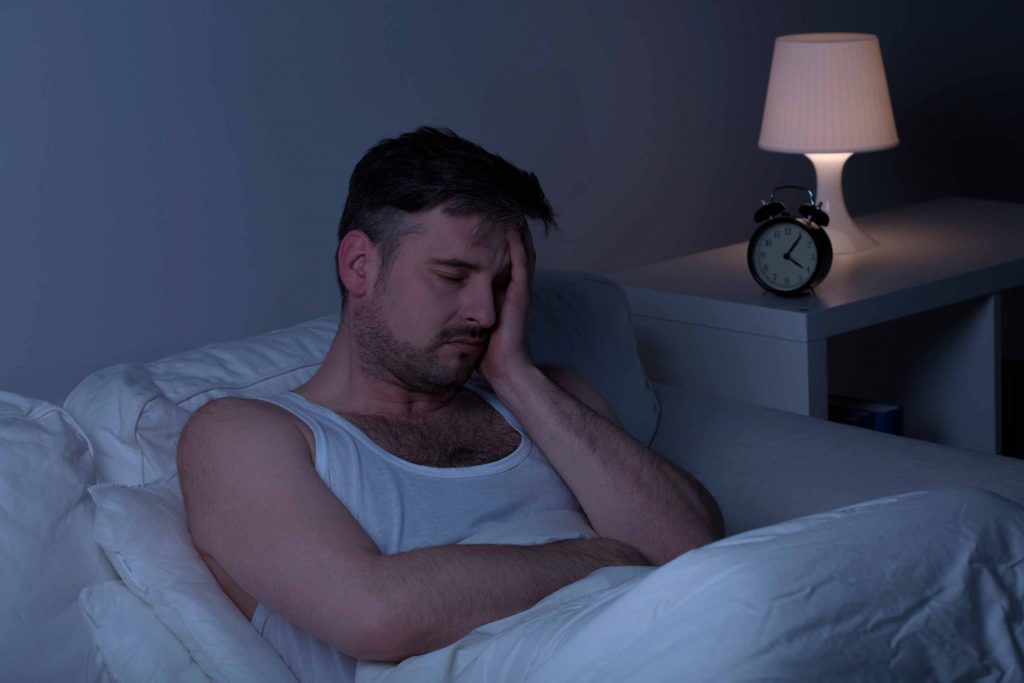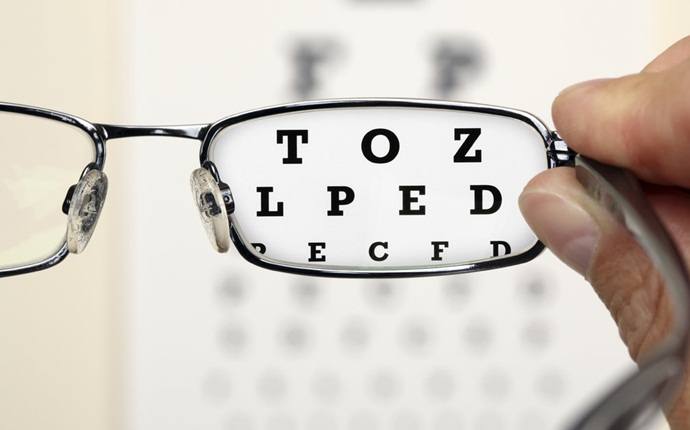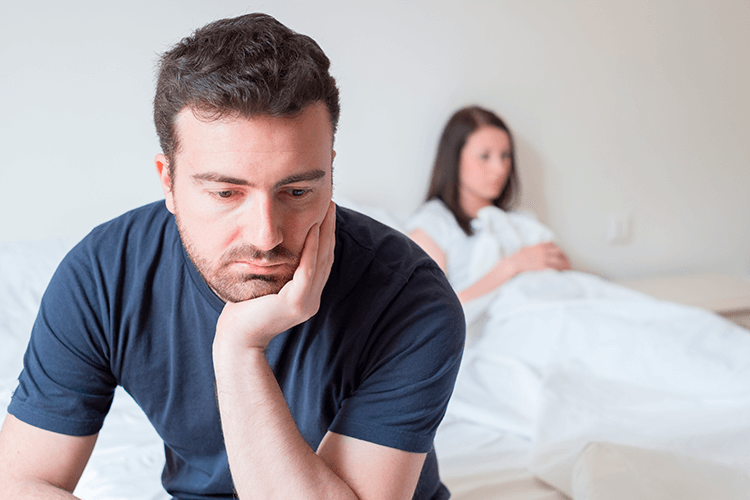
It’s the middle of the night and suddenly, you’re wide awake, unable to go back to sleep. Try these tricks from regular folks who managed to conquer their sleeplessness.
1. Put the phone away
When you wake up in the middle of the night, resist the urge to check email or hop on Facebook, as the blue light emitted by electronics interferes with your sleep, according to Harvard research. If you find it impossible to do without screen time, either before bed or at 3 a.m., try this trick from Nadine Hemens, a middle-school assistant principal.
“Middle of the night insomnia is a big one for me, and I used to make it way worse by checking email. Now, I simply tell myself that whatever it is, it can wait, and I listen to a meditation app on my phone, instead. I usually fall back asleep without even realizing it,” she says.
If your computer, iPad, or phone is a bedtime staple you can’t do without, make sure to at least dim the screen down at night. This may help you stay asleep until morning.
2. Transform your bedroom into a quiet, dark sanctuary
“Middle of the night insomnia is often caused by emotional distress, anxiety, or a busy mind. Throughout the night, we go into sleep cycles. As we go into each cycle, we wake up a little, but typically don’t remember, and fall back asleep. If you are stressed out, those wake-ups can become a full awakening, and your mind gets very busy,” explains Rachel Ross, a certified sleep consultant with the Family Sleep Institute.
If you’re frequently waking up in the middle of the night, Ross recommends making your bedroom soothing and dark. “Even if you’re a shift worker, keep it quiet, and comfortable. You have to work with what you have.
If you live in a noisy city, and can’t sleep through it, white noise is helpful. A fan works just fine, or you can try a white noise machine that includes nature sounds. You can also try earplugs, and an eye mask, if there is too much ambient light in the middle of the night,” she adds.
3. One, two, three, sleep! Not
If waking up in the middle of the night feels a lot like your brain has a mind of its own, you’re right. According to the National Sleep Foundation, insomnia is the inability of the brain to stop being awake. Wondering how to fall back asleep? Don’t just lie there, do something soothing, suggests Ross.
“Try deep breathing, relaxation exercises, or soothing music. If you have a snoring partner, place a white noise machine on your side of the bed. And never, ever, have an alarm clock facing you while you’re trying to sleep,” she says.
If it’s really hard to get your brain to rest, go to a chair, and read, but do not turn on all the lights. And absolutely, do not start an activity, that will wake you up even more, like watching the news on TV, she says.
4. Eliminate your after-dinner drink
Alcohol is a depressant known for making people fall asleep (or pass out) quickly but it may also be the reason you’re up during the second half of the night, when sleep should be its deepest, according to the NSF. Alcohol is disruptive to REM (rapid eye movement) sleep.
REM is the dream cycle and may be restorative to both body, and brain. “I always thought that having a late-night drink would help me sleep, but I started to notice it backfiring,” says Suzanne Miller, a busy attorney and mom to two teens.
“On nights when I had a few glasses of wine, I would find myself staring at the ceiling at 2 a.m. I started to replace alcohol with chamomile tea and found that I was calmer and better able to sleep. I also wake up feeling less dehydrated, and more refreshed,” she adds.
If you wake up in the middle of the night, don’t use alcohol as a sleep aid. Try sipping some water, or have a cup of herbal tea instead.
5. Need another reason to stop smoking? Here it is
You already know that smoking is bad for your health, but did you also know it may adversely affect your natural circadian rhythm, making it harder to stay asleep? Smokers have a greater risk of developing the heavy-snoring disorder of sleep apnea, they sleep more lightly than non-smokers, and they wake up more frequently in the middle of the night, according to the NSF.
Skimping on sleep has been linked to multiple diseases, including diabetes, heart disease, obesity, and depression. If you’re looking for another reason to quit, consider it found. Talk to your doctor about strategies to help you quit, and never reach for a cigarette in the middle of the night—smoking in bed is a major fire hazard.
When you quit smoking, it’s normal to experience temporary insomnia. Hang in there, and calm your middle-of-the-night mind with visions of a healthier you. This may calm you down, making it easier to fall back asleep.
6. Bore yourself sleepy
If you can’t fall back asleep for 20 minutes or more, try reciting poems you memorized as a kid, the multiplication times table, or movie scenes from your favorite films. You can even sing songs to yourself, in your head, suggests the NSF.
If this sounds a little bit like counting sheep, it’s because the principle behind it is the same. Repetition can be soothing, allowing your brain to relax, slowly gentling you back into sleep.

























